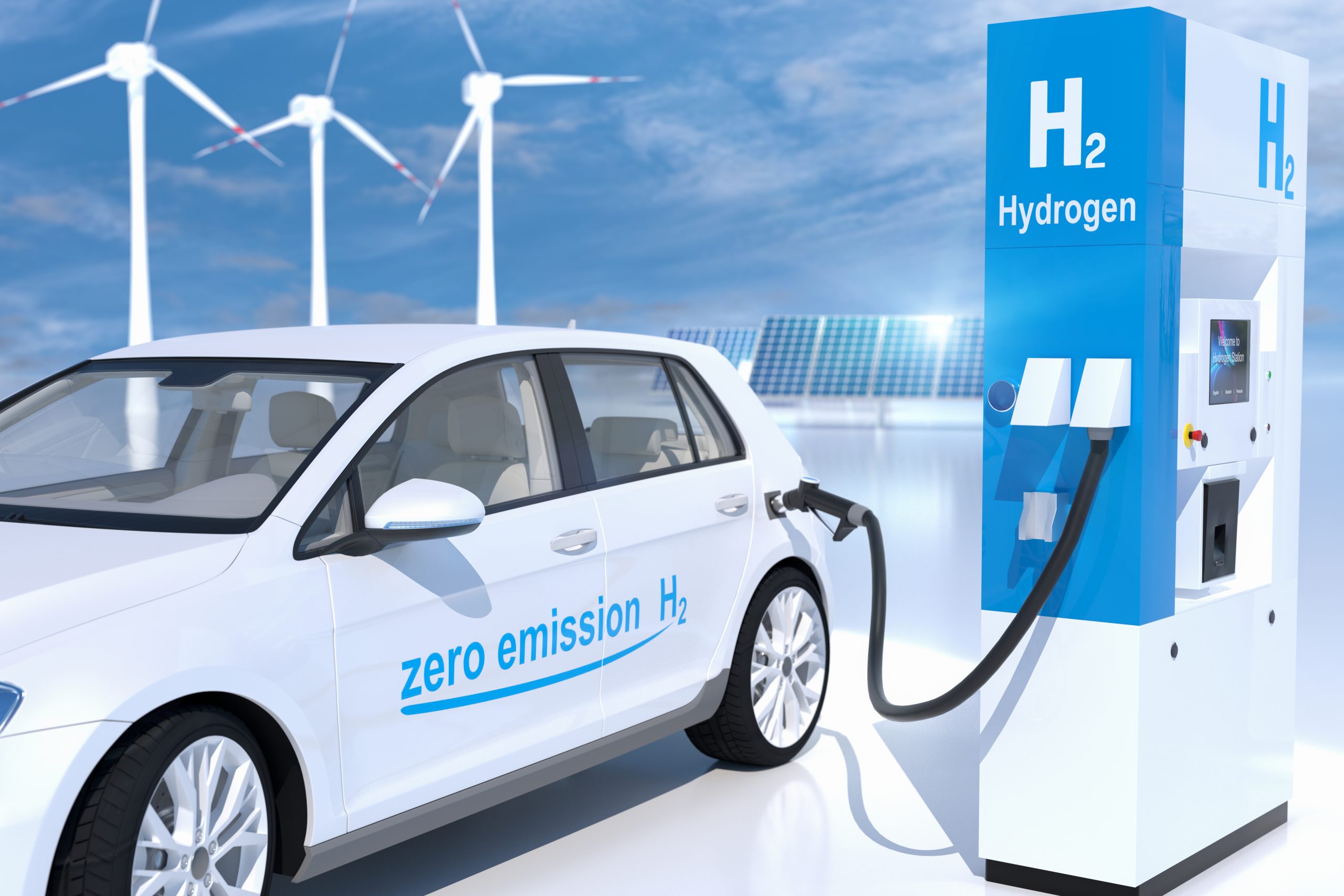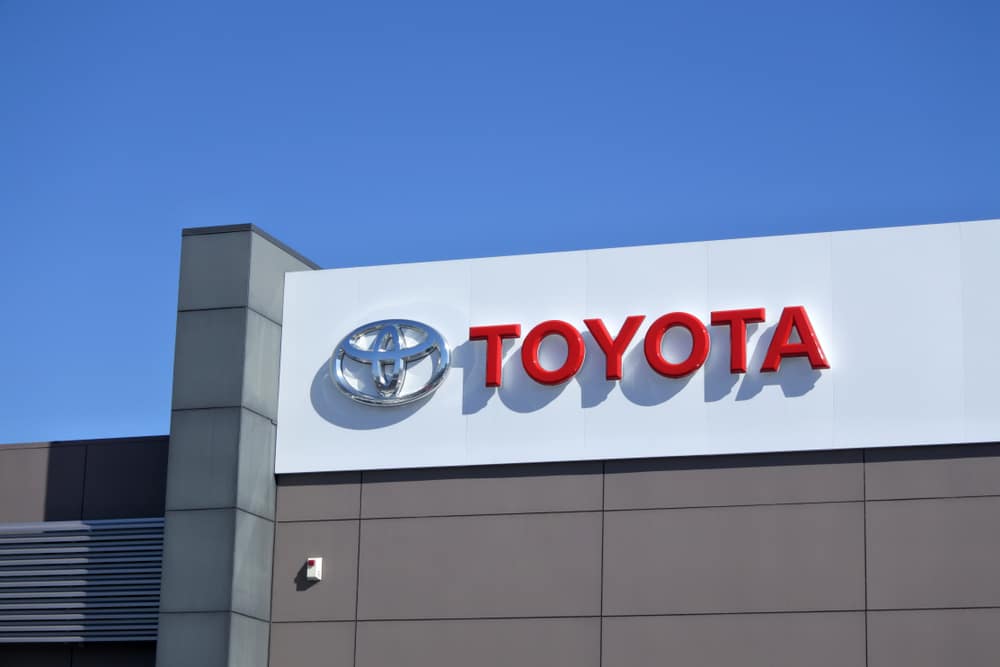On December 7, Toyota announced a major investment into electric vehicle manufacturing with a new battery plant coming in the state of North Carolina. The news was revealed jointly with state Governor Roy Cooper and Liberty, N.C. Mayor, Filmore York. A massive $1.29 billion-dollar investment to be called Toyota Battery Manufacturing, North Carolina, or TBMNC, will be built at the Greensboro-Randolph Megasite.
It will be approximately four years until the battery plant begins production, estimated to be 2025. The facility is expected to house four production lines capable of producing up to 200,000 lithium-ion batteries each with the intention of expanding to add another two lines down the road. When that happens, the facility could manufacture as many as 1.2 million EV batteries per year from this solitary location.
| Related: Ford commits $11.4 billion for shift to electric vehicles |
Toyota Motor North America CEO Tetsuo Ogawa said at the announcement, “The future of mobility is electrification and the Greensboro-Randolph Megasite is the ideal location to make that future a reality. North Carolina offers the right conditions for this investment, including the infrastructure, high-quality education system, access to a diverse and skilled workforce, and a welcoming environment for doing business. Today marks the beginning of a mutually beneficial partnership with the Tar Heel state as we embark on our journey to achieve carbon neutrality and provide mobility for all.”
The plant will create jobs for as many as 1,750 people.
In a ‘normal’ sales year, Toyota typically sells around 1.8 million to 2.2 million units in the United States alone. When it’s running at full steam, this new plant will produce batteries to electrify between 40% and 50% of the cars sold in the United States. This plant is one component of Toyota’s $13.5 billion commitment in September to develop EV batteries through 2030, and over one-third of their US battery development plans for the U.S. by 2030.
Initially, Toyota expects that TBMNC will produce batteries to supply hybrid vehicle manufacturing in the near term, then move to all-EV production over the long haul.
Toyota hasn’t forgotten hydrogen and hybrid
 Arguably the most vocal carmaker pushing back against EV sales and production commitments, Toyota appears to have given in at first glance. However, they haven’t put all their eggs in the electrification basket. In August, the world’s second largest carmaker doubled down on fuel cell electric vehicle technology powered by hydrogen, announcing at that time they would begin producing heavy-duty fuel cell modules in Kentucky by 2023. They continue to produce the Toyota Mirai FCV in limited numbers, proving the technology’s real-world application.
Arguably the most vocal carmaker pushing back against EV sales and production commitments, Toyota appears to have given in at first glance. However, they haven’t put all their eggs in the electrification basket. In August, the world’s second largest carmaker doubled down on fuel cell electric vehicle technology powered by hydrogen, announcing at that time they would begin producing heavy-duty fuel cell modules in Kentucky by 2023. They continue to produce the Toyota Mirai FCV in limited numbers, proving the technology’s real-world application.
In November 2021, Toyota committed an additional $240 million to Toyota West Virginia to add another production line for hybrid transaxles. It’s part of their stated goal of “offering an electrified option across its entire lineup of both Toyota and Lexus vehicles by 2025”. They continue to be the carmaker with the most hybrid vehicle sales in the US, outselling all other carmakers collectively.
Toyota president Akio Toyoda has frequently spoken of his skepticism toward widespread EV adoption, a seeming departure from the company’s embrace of hybrid vehicles. But Toyota isn’t against EVs altogether with their chief scientist Gill Pratt stating, “(Toyota) believes in diversity of drivetrains. It’s not for us to predict which solution is the best or say only this will work.”
Did you enjoy this article from Jason Unrau? Read other articles on CBT News here. Please share your thoughts, comments, or questions regarding this topic by submitting a letter to the editor here, or connect with us at newsroom@cbtnews.com.
Be sure to follow us on Facebook and Twitter to stay up to date or catch-up on all of our podcasts on demand.
While you’re here, don’t forget to subscribe to our email newsletter for all the latest auto industry news from CBT News.










